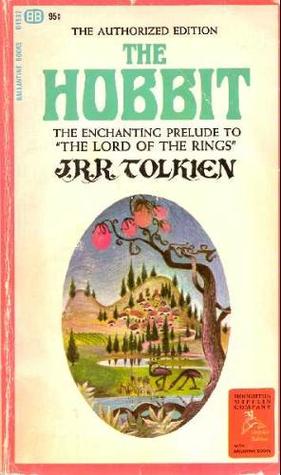There are a number of things about Secret Water that demonstrate the development of the characters, especially since the first book. Bridget, who was once known as baby “Vicky” is now a member of the expedition. She’s about four years old, and she constantly reminds her siblings that she is old enough to participate in the same things they do. I think most authors tend to portray youngest siblings like Bridget as annoying tag-alongs who hold everything up and make messes, but Bridget is a formidable little girl, and she has her share of shining moments. Roger and Titty, previously the youngest members of the expedition, are now old enough to venture off on their own and take responsibility for themselves and for Bridget. The spirit of imagination and make-believe is most alive in them this time around, though Nancy also gets excited, especially when it comes time to have a corroboree with the Eels.
Susan is still the mother figure, and she plays that role much more completely when Bridget is around than in the past. John, who has in the past been just as much a part of the make-believe as anyone else, seems more fatherly in this book and also more concerned with impressing his own father. While Nancy worries about blood oaths and sacrifices, and Roger and Titty imagine themselves as Israelites and Egyptians, John focuses on the task at hand. We can see the beginnings of manhood in John, and I wonder whether we’ll see as much of him in the rest of the books of the series. Surely at some point Susan and John will outgrow the games of their childhood. I keep wondering whether their coming of age will figure into any of the stories.
Secret Water is a great follow-up to the adventure of We Didn’t Mean to go to Sea. The story rewards the Walkers’ safe journey home with another, more controlled opportunity to explore their independence and we get to see just how much they all love, admire, and want to please their dad. The new characters - Don, the Mastodon, and Daisy, Dum, and Dee, the Eels - are a lot of fun, and again completely different from Dot, Dick, or any of the Walkers or Blacketts. I was also amazed that Ransome described things like changes in the tide and sailing routes in language that made it possible for me to imagine them and follow along.
As curious as I am about the four remaining books in the series, I am disappointed that I’m two-thirds of the way through it already. I’ve come to really love these characters, and I’ll be sad when I finish the last book. That said, though, I’ve heard that book nine, The Big Six, is a detective story, and I’m really eager to see what that will be like, so I know it won't be long before I jump right into the next one.





























